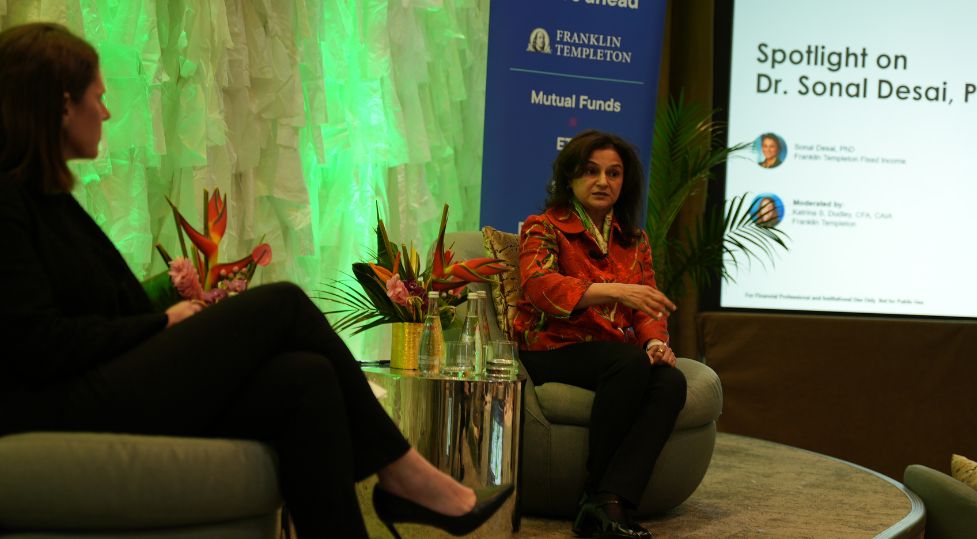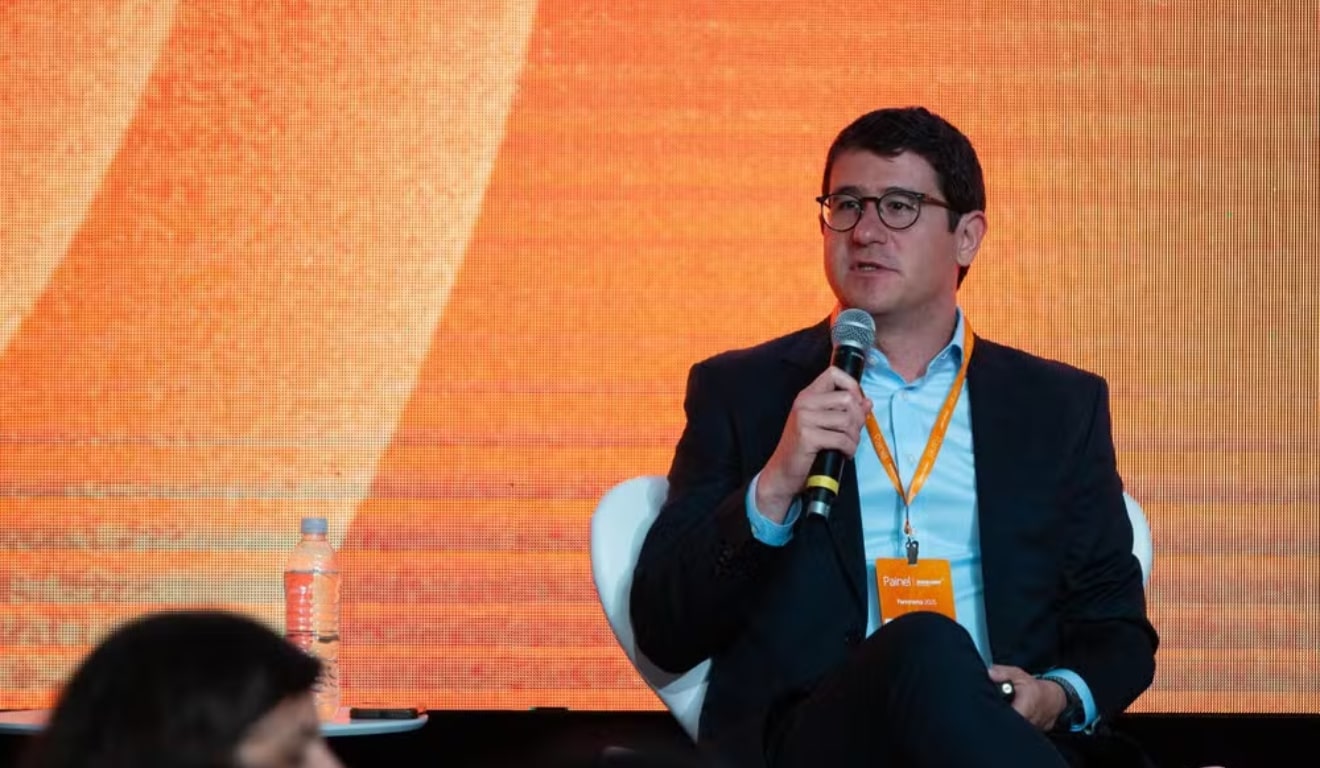Nearly a hundred women gathered at the Nobu Hotel in Miami Beach this past November 11, invited by Franklin Templeton, to celebrate the third edition of Women & Wealth—an event that brought together women leaders from the financial sector to share experiences, discuss industry challenges, and promote inclusion and gender equality.
With Dolores Ayarra, VP Sales Executive of the firm, as host, the event gathered prominent voices from the industry to analyze the growing role of women in wealth and asset management.
The day began with a presentation by Meg Sreenivas, Associate Partner at McKinsey & Company, who shared the results of a firm study examining the evolution of assets controlled by women in the United States and Europe. The analysis addressed how firms are working to attract and promote female talent at all levels, from entry-level roles to top executive positions, including aspects of compensation, diversity and inclusion programs, and strategies to address the shortage of female advisors in the industry.
Next was a panel featuring leaders from renowned financial institutions. The participants shared personal experiences and practical advice that demonstrated how determination and creativity can forge a path in a traditionally male-dominated sector, ultimately driving greater diversity and innovation.
The spotlight then turned to Sonal Desai, Executive Vice President and CIO of Franklin Templeton Fixed Income, recognized by Barron’s as one of the 100 most influential women in U.S. finance. Her remarks offered a strategic perspective on global portfolio and fixed income market management, as well as on the importance of female leadership in decision-making.

The event also featured a roundtable discussion that addressed the growing role of private market investments in portfolios. Janis Mandarino, Senior VP, Portfolio Manager at Clarion Partners; Emma Inger, Director at Lexington Partners; and Sara Araghi, Director at Franklin Venture Partners—all firms under the Franklin umbrella, with more than $270 billion in alternative assets under management globally—shared their vision and strategy in markets such as real estate and private equity. The professionals also highlighted the key role women play in a segment that demands creativity and the ability to anticipate trends.
Before the luncheon held in the Mona Lisa room of the hotel, the highlight of the day was the closing keynote by Venezuelan Michelle Poler, social entrepreneur, founder of Hello Fear, and branding strategist.
Poler delivered an inspiring message about the importance of stepping out of one’s comfort zone and taking risks to reach one’s full potential. Her talk encouraged the audience to transform fear into a tool for growth, reminding them that courage is essential to drive meaningful change both in personal life and the professional sphere. The women in attendance ended up dancing to reggaeton and celebrating the joy of shared energy.
A Catalyst for Change
“Women & Wealth is more than an event. It aspires to become a catalyst for change,” said Dolores Ayarra, VP Sales Executive at Franklin Templeton, to Funds Society. She opened the day’s activities and is the primary promoter of the initiative within the company.
“It is a gathering designed to keep driving change in the professional landscape of our industry,” she stated. “Through dialogue, the exchange of knowledge, and professional and personal experiences, our goal with Women & Wealth is to offer a space where women can connect, exchange ideas, learn, be inspired, and explore new ways to advance their professional careers.”
According to Ayarra, initiatives like this promote new professional development opportunities for women through the expansion of networks and access to mentorships—factors she considers key to helping reduce representation gaps in the industry.
Among the topics addressed at the event were the representation and advancement of women in wealth management, some of the most effective talent acquisition strategies, the impact of compensation and team structure, and how to leverage the transfer of wealth to women for the sector’s growth.
“The participation of women in wealth management is growing, although challenges still remain—especially at the mid-career level, where the dropout rate is higher. We are seeing more programs focused on attracting and retaining talent, but success depends on creating flexible and supportive environments, as well as addressing compensation structures,” Ayarra reflected. “The increase in wealth held by women continues to rise, and firms have a unique opportunity to adapt and better meet the needs of this demographic group,” she concluded.



